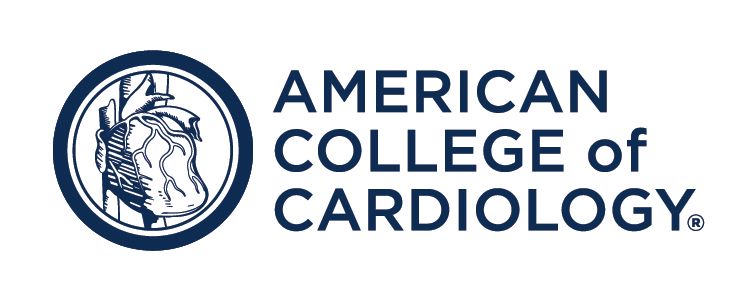In an interview with Pharmacy Times® for the Pharmacy Focus podcast, William Van Decker, MD, chair of the American College of Cardiology’s (ACC) Health Affairs Committee, outlines the major themes of the upcoming ACC Legislative Conference and their implications for the broader cardiovascular (CV) care team, including pharmacists. The ACC Legislative Conference serves as an essential forum for health professionals to advocate for policy reforms that strengthen patient access, enhance care quality, and streamline administrative processes.
Key Takeaways
- Telehealth, home cardiac rehab, and remote monitoring are central advocacy topics that improve access, adherence, and continuity of cardiovascular care.
- Prior authorization reform remains a top priority to reduce administrative burdens and enhance timely medication access.
- Collaboration between pharmacists and cardiologists—supported by responsible AI and patient education—will be crucial for advancing policy-driven, team-based cardiovascular care.
Van Decker highlights several legislative priorities: maintaining telehealth flexibilities through the CONNECT Act, expanding home-based cardiac rehabilitation, improving access to remote monitoring for maternal patients via the MOM Act, and reforming prior authorization under the Improving Seniors’ Timely Access to Care Act. He emphasizes that these initiatives collectively aim to reduce barriers to care, support medication adherence, and empower multidisciplinary collaboration.
About the Guest
William Van Decker, MD, is chair of the American College of Cardiology's Health Affairs Committee and professor of medicine and director of nuclear cardiology at Temple University Lewis Katz School of Medicine.
For pharmacists, Van Decker notes critical opportunities to influence medication management, reinforce patient education, and alleviate prior authorization burdens that impact both prescribers and dispensers. He also discusses the evolving landscape of value-based care, advocating for models that measure quality—not cost alone—and recognize the vital role of pharmacy in optimizing outcomes.
As the conversation turns to technology, Van Decker emphasizes the importance of integrating artificial intelligence responsibly and maintaining sustained dialogue between pharmacists and cardiologists to preserve the human element in patient care. He concludes by reaffirming the shared mission among health care professionals to advance equitable, high-quality cardiovascular care rooted in teamwork, patient engagement, and evidence-based policy.




























